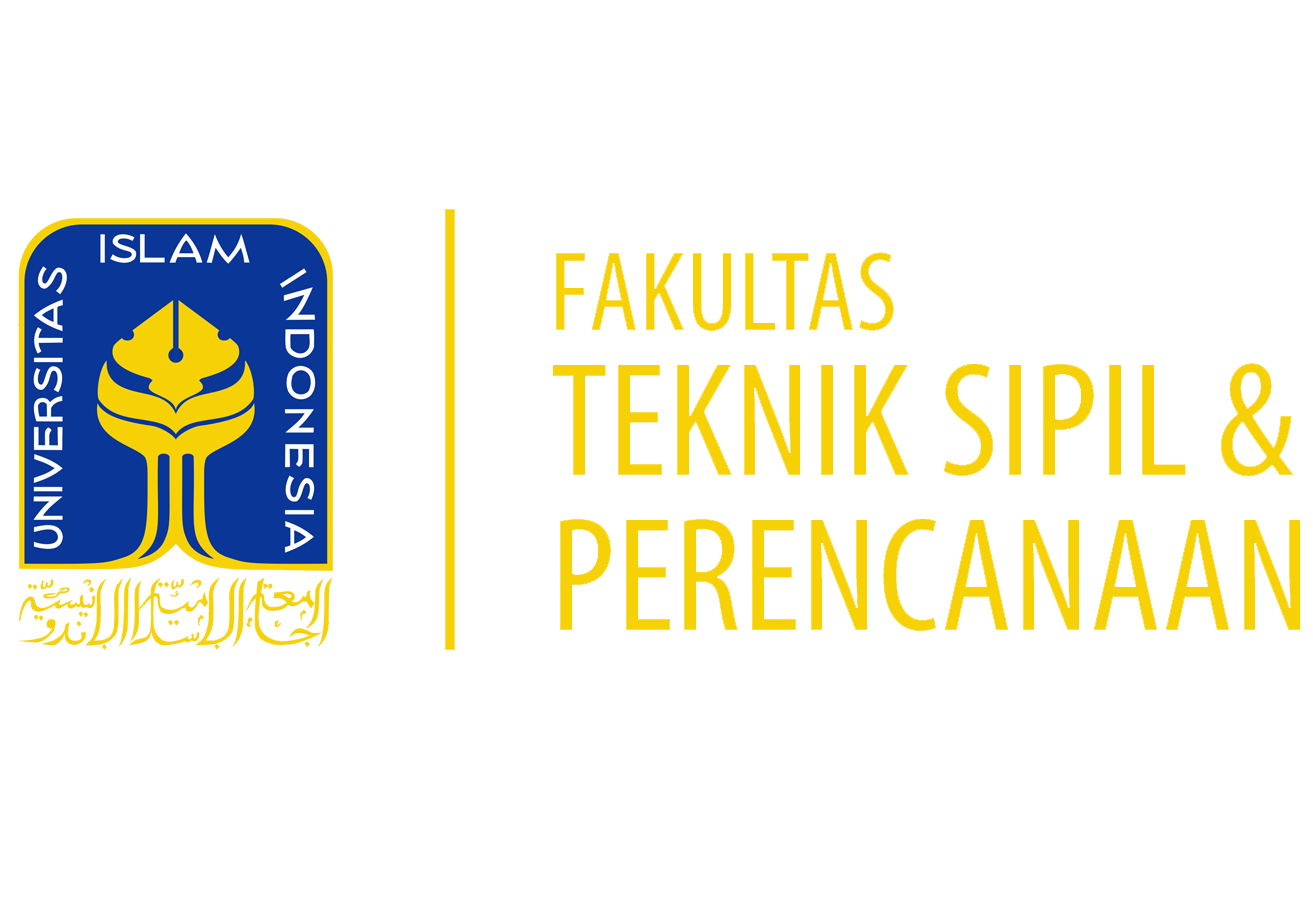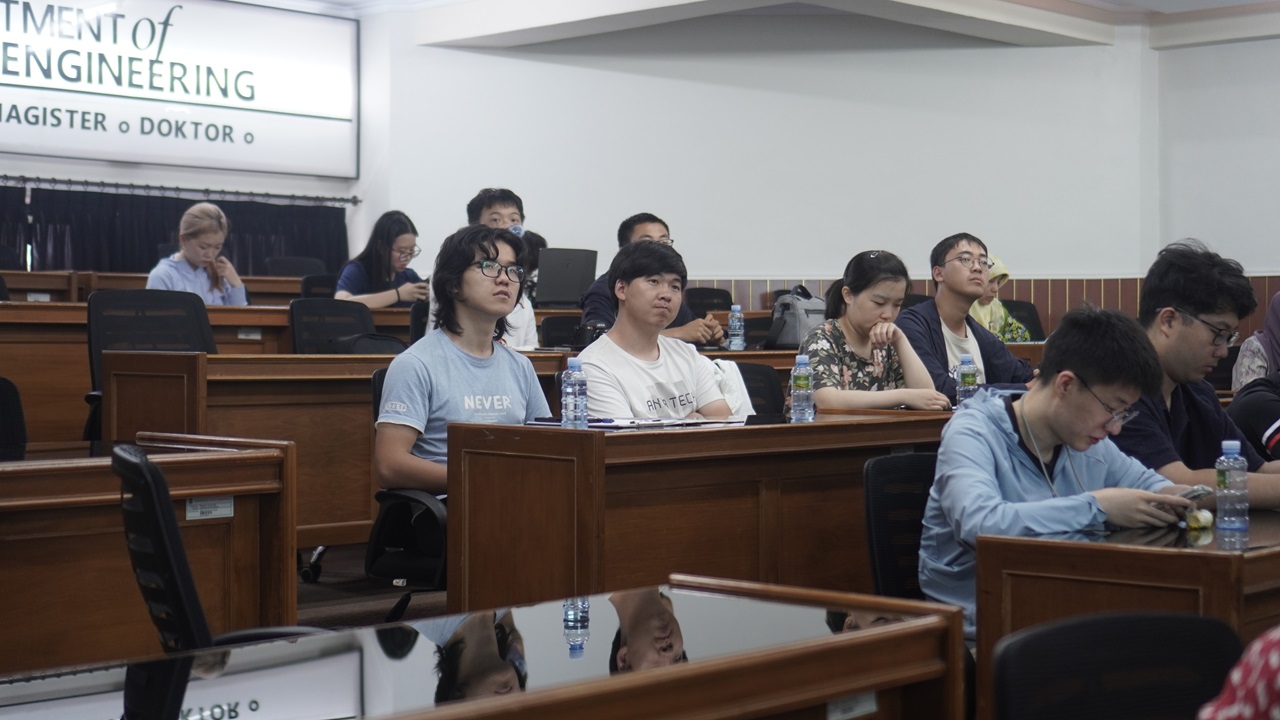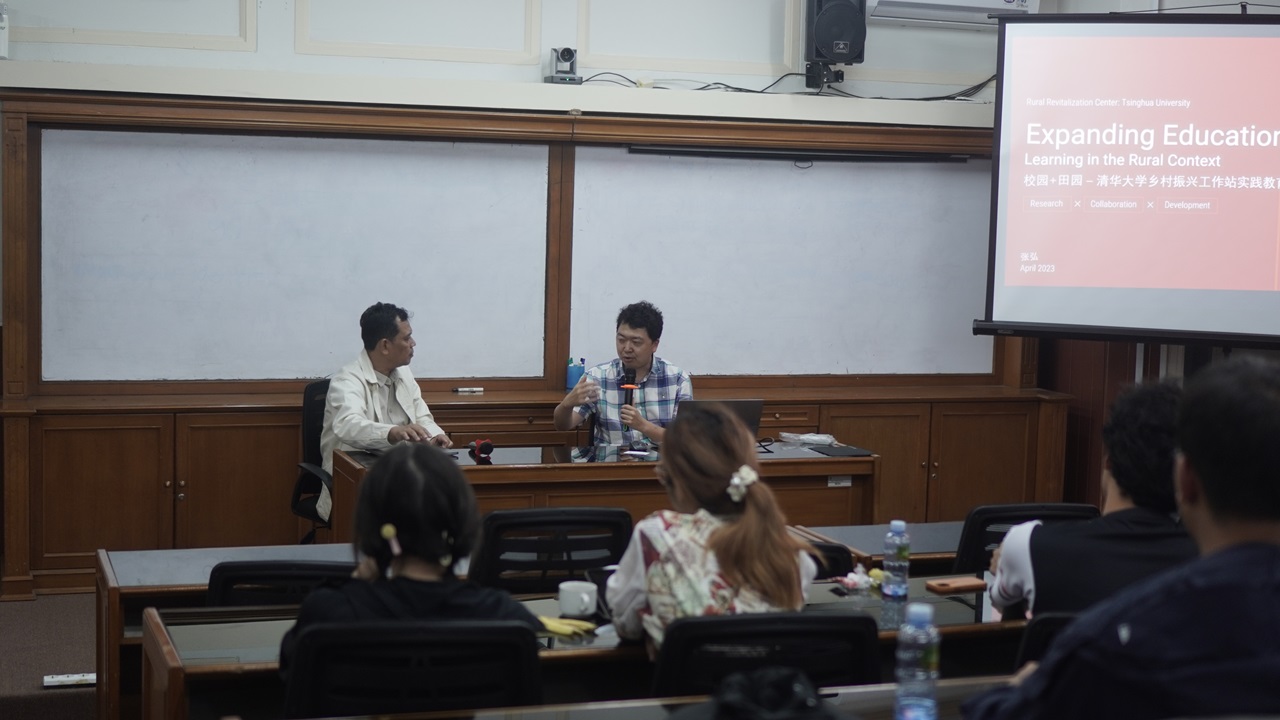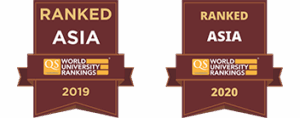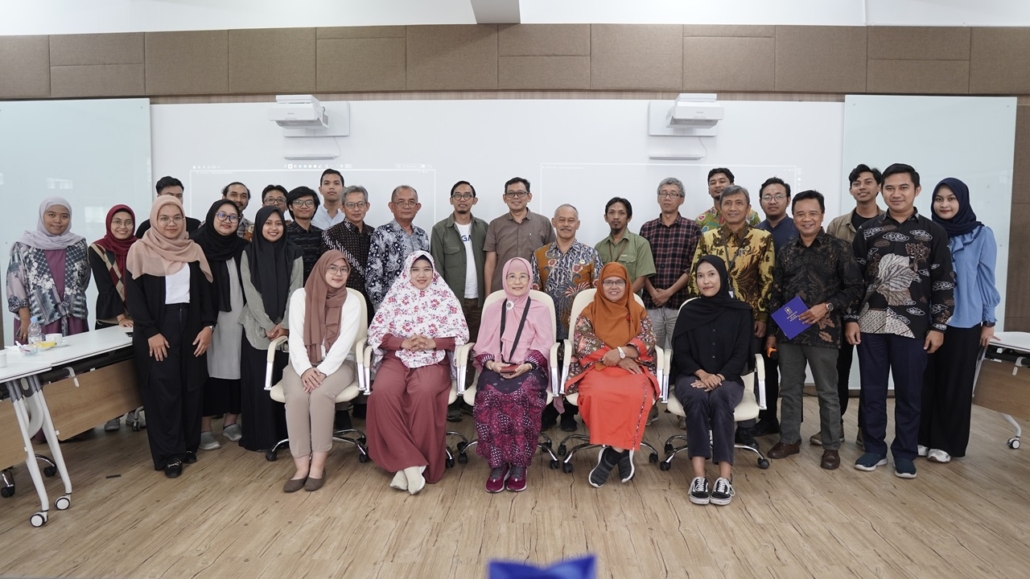
The Faculty of Civil Engineering and Planning (FTSP), Universitas Islam Indonesia (UII) once again organized the 6th Coffee Morning Lecture series of scientific discussions. The activity is expected to make public opinion more open to issues developing in Indonesia, so that people are not apathetic and skeptical of media coverage.
This Coffee Morning Lecture raised the theme “Quo Vadis Petani”, which discusses the challenges faced by farmers in facing the climate crisis, land crisis, and human resources crisis. By presenting experts and practitioners across sectors, this event aims to find innovative solutions and strategies to support the sustainability of the agricultural sector in Indonesia amidst various crises.
The event, which was held in the IRC Room of Moh. Natsir Building, FTSP UII Campus on 21 Dhulhijjah 1445 H / 28 June 2024, was officially opened by the Dean of FTSP UII, Prof. Dr.-Ing. Ir. Ilya Fadjar Maharika, MA, IAI, who in his remarks said that the activity aims to share experiences, vulnerabilities, and good practices of communities in food security. In addition, it also strengthens collaboration and knowledge sharing between stakeholders to encourage innovation, capacity building, and technology transfer in agriculture in the face of climate crisis, land crisis, and human resource crisis (HR) of farmers. “The resulting output is expected to be able to document good practices that encourage collaboration plans of the parties in improving food security in Indonesia,” he said.
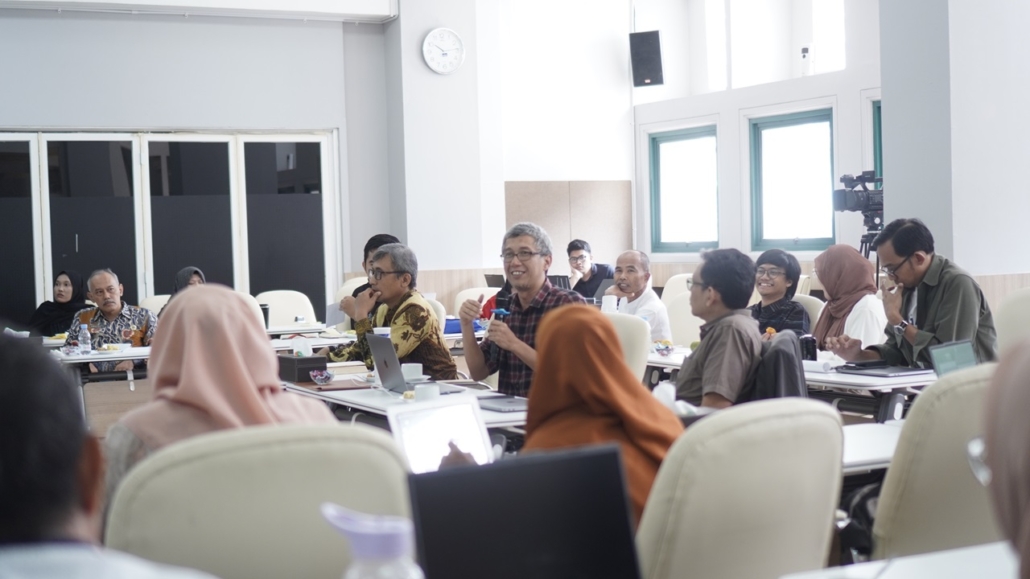
The event presented speakers Ir. Sigit Harjono, S.P., M.P., Head of Horticulture Division, DIY Agriculture and Food Security Office, Prof. Dr. Jamhari, S.P., M.P., Professor of Faculty of Agriculture UGM, Khaerul Anam Widya Purnama, S. Fil, Permaculture Practitioner.
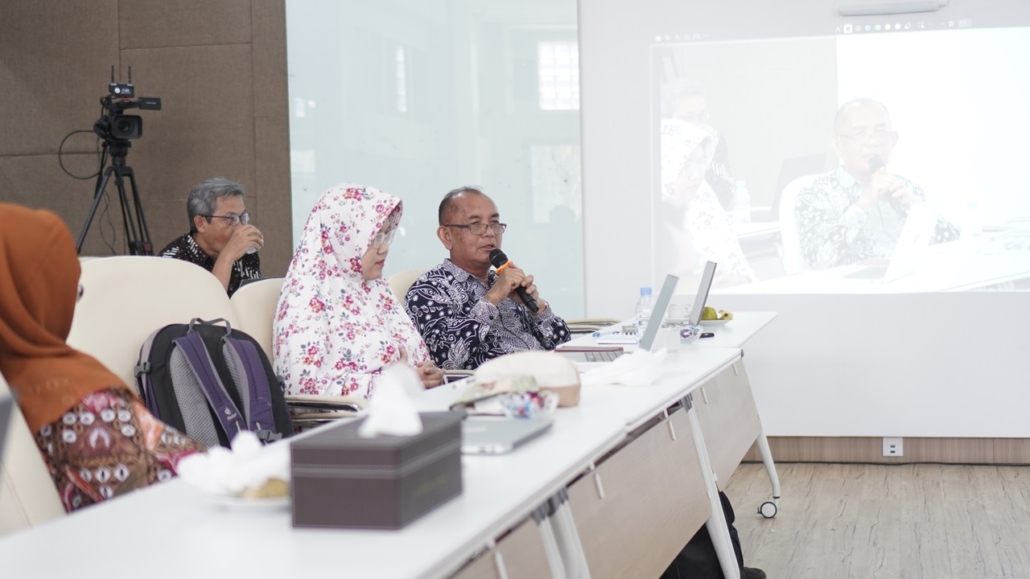
The panelists were Dr. Ir. Ruzardi, M.S. APU SDA and BB, Center for Flood and Drought Studies (Pusbanker) UII, Ir. Hastuti Saptorini, M.A., Center for Socius Design (CSD) UII and Dewi Wulandari, S.Hut., M.Agr., Ph.D., Center for Climate Change and Disaster Studies (PUSPIK) UII.
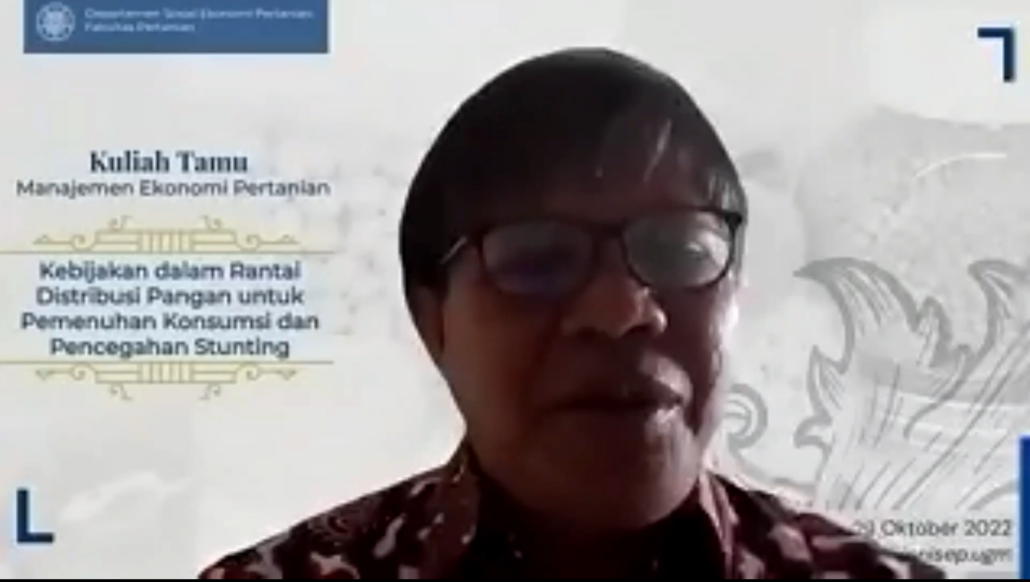
Prof. Dr. Jamhari, S.P., M.P., on the occasion said that Indonesia is facing climate change, human resource crisis, related to agriculture. In general, Indonesia can be said to be facing food and agricultural challenges. According to him, the supply capacity of agriculture is getting smaller because the land is shrinking and being converted. Then climate change, or water shortage. “Water is not only used for agriculture. Even water from its source has been taken for drinking water, and also for crops and livestock. So it is increasingly limited. That is the challenge we must face,” he said.
He also added that Indonesia will reach the peak of demand in 2062, of course the need for clothing, food and shelter has reached its peak and that must be prepared from now on.
Meanwhile, Head of the Horticulture Division of the DIY Agriculture and Food Security Office, Sigit Hardjono, said that agriculture has a very crucial role in the economy, both in terms of providing food, employment, industrial raw materials, foreign exchange, environmental sustainability, strengthening the rural economy, and preserving culture and traditions. According to Sigit, it is important to continue to support and develop the agricultural sector so that it can continue to provide benefits to the community and the nation. “The current condition of agriculture is faced with various challenges, but also has opportunities to develop,” he said.
Sigit also emphasized that other challenges include a land crisis where land conversion for development, land degradation, and limited land access for small farmers are major obstacles, and a crisis in farmers’ human resources. Lack of interest from the younger generation, aging farmer population, decreasing number of farmers from year to year and limited skills and knowledge are major obstacles.
“
The challenges faced by the agricultural sector include the climate crisis, climate change has a significant impact on the agricultural sector, such as drought, flooding, plant pests, and sea level rise,” Sigit said.
“Various efforts have been made in facing challenges in the agricultural sector, especially in facing the climate crisis, namely by developing pest-, disease-, and drought-resistant plant varieties,” he concluded.
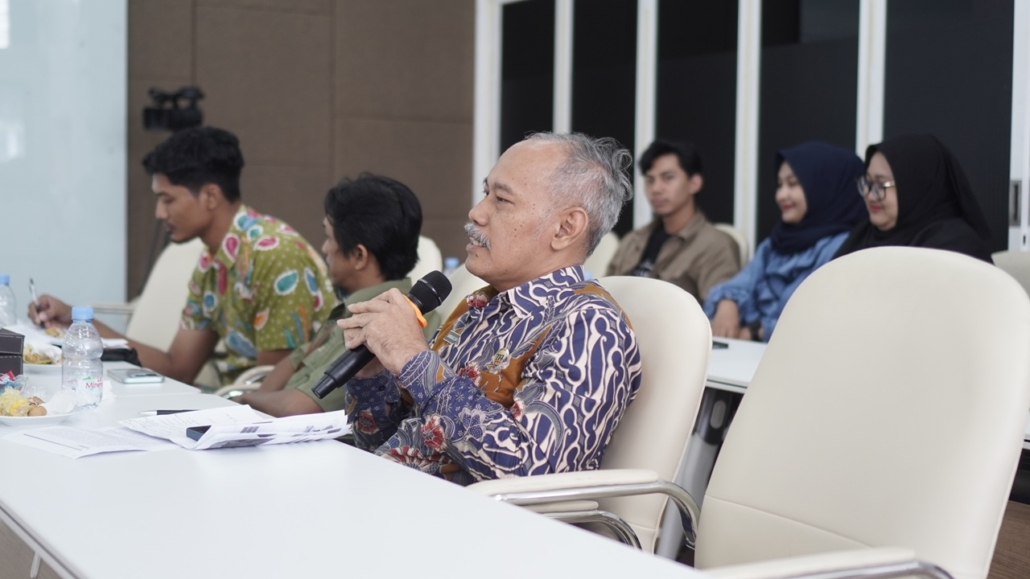
In the event that was attended by representatives of government or institutions, representatives of private institutions and practitioners, representatives of universities, representatives of alumni associations within UII, representatives of study centers, representatives of the community or community and mass media, the Hydroponic Landscape plan was also presented by Ir. Hanif Budiman, M.T., Ph.D..
The activity which lasted until midday was also covered by several print and online media including:
